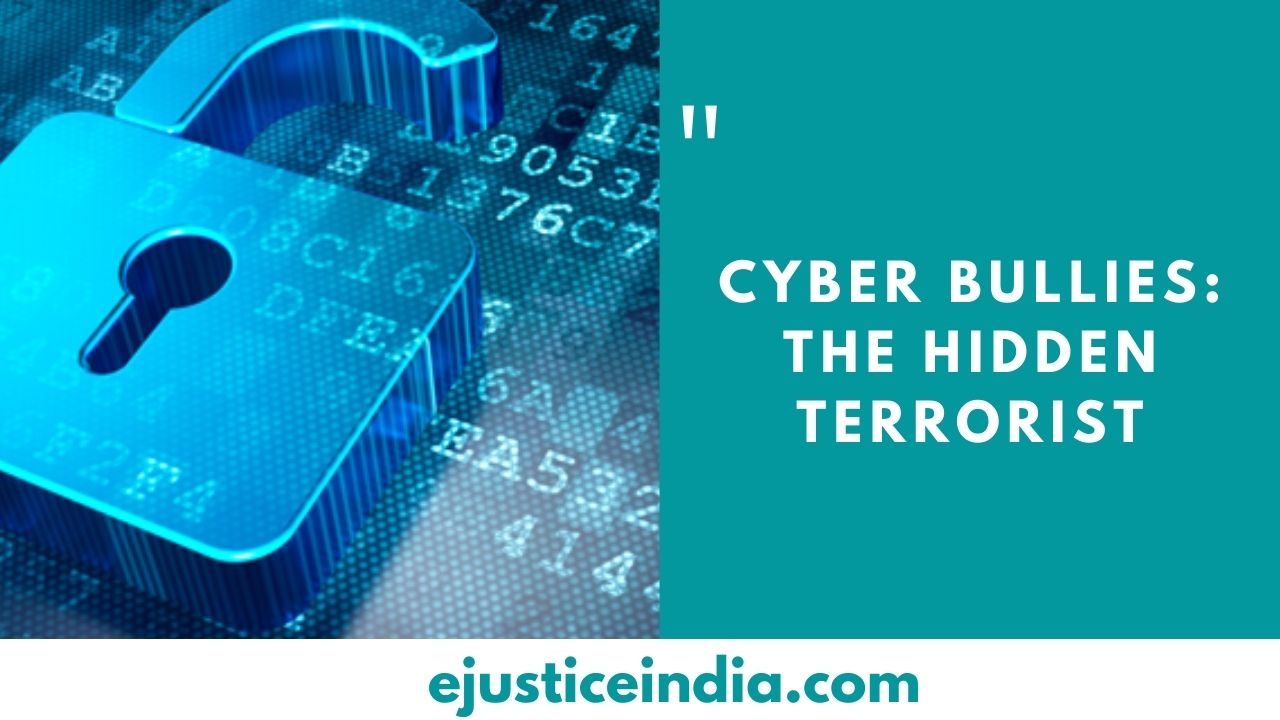Mercy Petition- A Last Hope
Author :- Prity Kumari, Central University of South Bihar, Gaya
Introduction
Mercy Petition is a way through which the innocent person tries to get justice if he is being punished due to the miscarriage of justice or in cases of doubtful conviction. It may be absolute or conditional. It is absolute in the sense that it makes the person free from all infamy and from all the consequences of the offence that is granted and from all statutory or other disqualification upon conviction.[1] While, it is conditional when it does not become operative until the grantee has performed some specified act and if he fails to do same, it becomes void. It can be exercised at any time, either before the legal proceedings are taken or during pendency of the cases before any court or either before or after the conviction.[2] But this is being barred when there is impeachment by the Commons.
The past is evident of this fact that the head of the State considers this as a matter of grace and under the Constitution it is a constitutional duty[3]and not a mere prerogative. Moreover, it is a constitutional right and does not work accordingly as per the discretion or whim of the executive. This concept of Mercy Petition is being followed in USA, UK, Canada, India etc.
The whole statute is silent on the topic of definite procedures to be followed for the filing of the Mercy petition, rules and guidelines for the disposal of the Mercy petition in an effective and its time limitation. Many think that due to all these loopholes, it is considered as a violation of Article 14 and Article 21 of the Constitution.
Basic philosophy behind this
It exists to afford the relief from undue harshness or evident mistake in the operation and in the enforcement of criminal law. It is assumption that the administration of justice is not necessarily always wise or certainly considerate of circumstances which may properly mitigate guilty. This provisions within the Indian Constitution adds a human touch to the judicial system by conferring powers to grant pardon or show mercy to those who have been awarded with death sentence.
It has been recognised and acknowledged that a prolonged delay in executing a death sentence makes the punishment inhuman and degrading the natural justice. As in ideal society, it is not acceptable the agony of uncertainty, the protracted anguish of alternating hope and despair, as the consequences of such sufferings not only makes the person as well as their families pressurised , anxious and ruin their physical integrity and health.
Current Framework of Mercy Petition
Articles 72 and 161 of the Indian Constitution empower the President and Governor to exercise the pardoning power respectively. The language of these two articles make it clear that these provisions are available only in a condition when such persons are “convicted of an offence” and not before or without such conviction. It also cannot be applied in those conditions when the appeal is pending against the conviction.
Granting pardon is an executive act and not a judicial act. Further, it follows that this should not alter the judgement of the Court qua judgement, and that the exercise of such right should not in any way interfere with course of justice and courts are always free to adjudicate upon the guilt or otherwise of the persons concerned.
Recourse in Judicial Review
The jurisprudence has taken a new way and moved way ahead from the time of the Supreme court’s decision in Ranga Billa’s case, where it had dismissed the petition against the arbitrariness and it was observed that the term ‘pardon’ itself signifies that it is a complete discretionary remedy and the grant or rejection of it need not be reasoned. The pardon was seen to be as an act of grace rather than claimed it be a right. The grant of pardon was at one time seen as a purely executive act and free from judicial review as it was being expressed in the case of Balmukund v. King Emperor[4], “the tendering of advice to His Majesty as to exercise of his prerogative of pardon is a matter for the Executive Government and is outside Their Lordships’ province”.
Present scenario
The mercy petition has been rejected in many cases, like the petitions filed by the accused of Nirbhaya’s rape case, Yakub Memon, and many more cases. All this shows that the getting mercy is not so easy for every seeker. It becomes very selective. Under a landmark decision in January 2014, the Supreme Court has humanised the way the state deals with the death row convicts whereby a convict can’t be executed for 14 days after the rejection of his mercy petition. This 14 days notice for execution act as a deadline for the prisoners and allows the prisoners to prepare themselves mentally for the execution, to make peace with God, prepare his will and settle other earthly affairs before the expiration of these days. It gives the prisoners to have a meeting with their family members for the last time.
Conclusion
In a nutshell, the mercy petition act as boon to those who had wrongly convicted and any miscarriage of justice had happened. There are many lacunas that makes it bane which are the lack of defined procedure, proper guidelines and its timely disposition.
Further, the mercy petition can’t be understood and considered in any watertight compartment. The pendency of the mercy petitions creating a massive problem. Also, in the absence of defined time period for disposal of mercy petitions, the mechanism for judicial review is rendered redundant.
[1] Hailsham, Halsbury’s Laws of England (2nd Edition) 479.
[2] Maddela Yerra Channugadu, re,AIR 1954 Mad 911, 917.
[3] Shatrughan Chauhan v. Union of India, (2014)3 SCC 1,29.
[4] (1914-15)42 IA 133: AIR 1915 PC 29.


